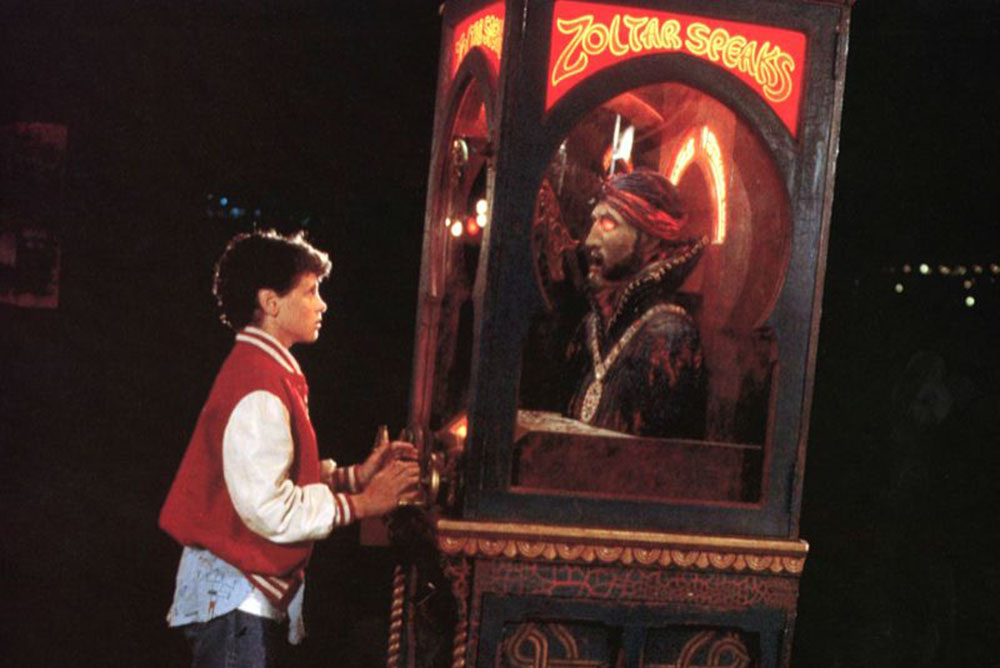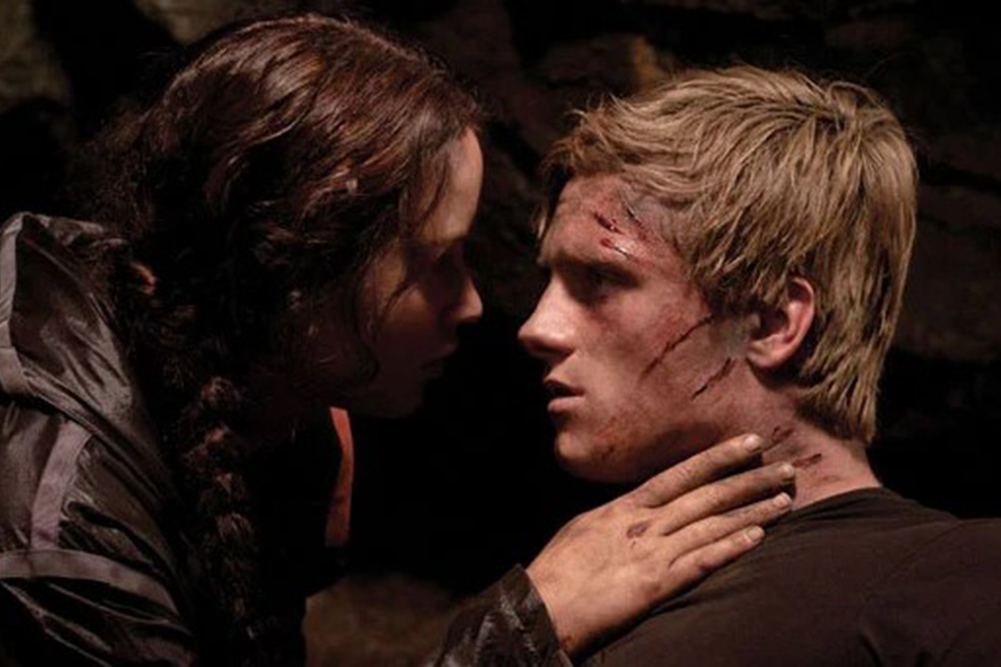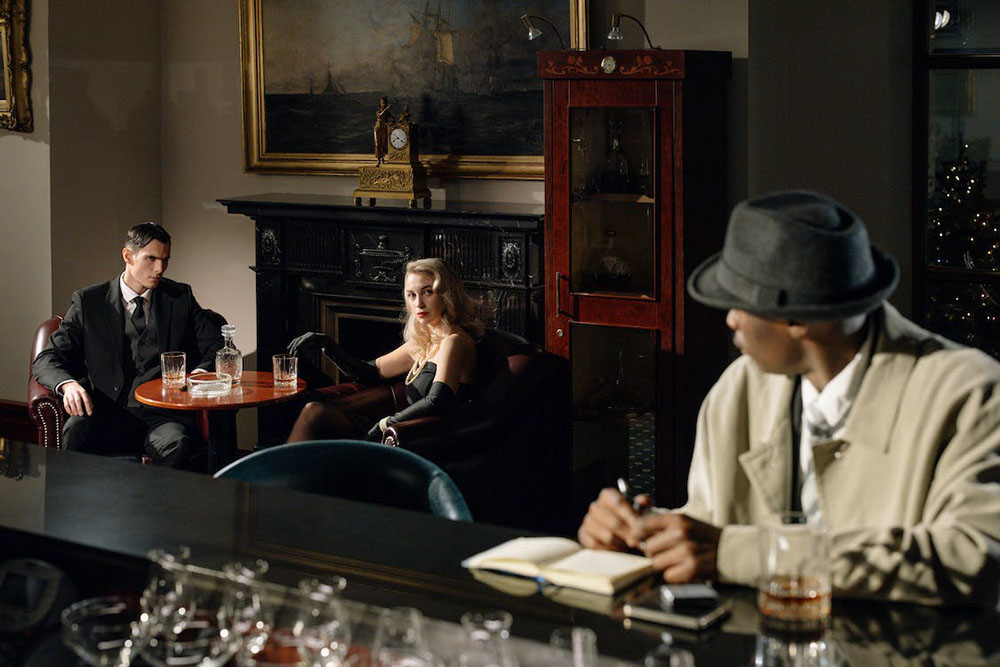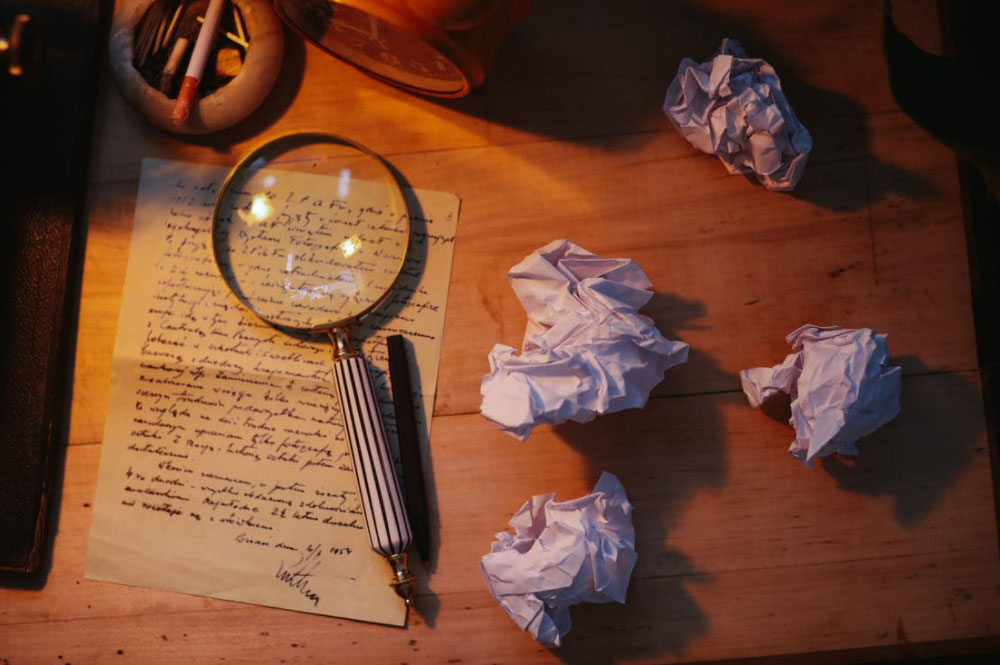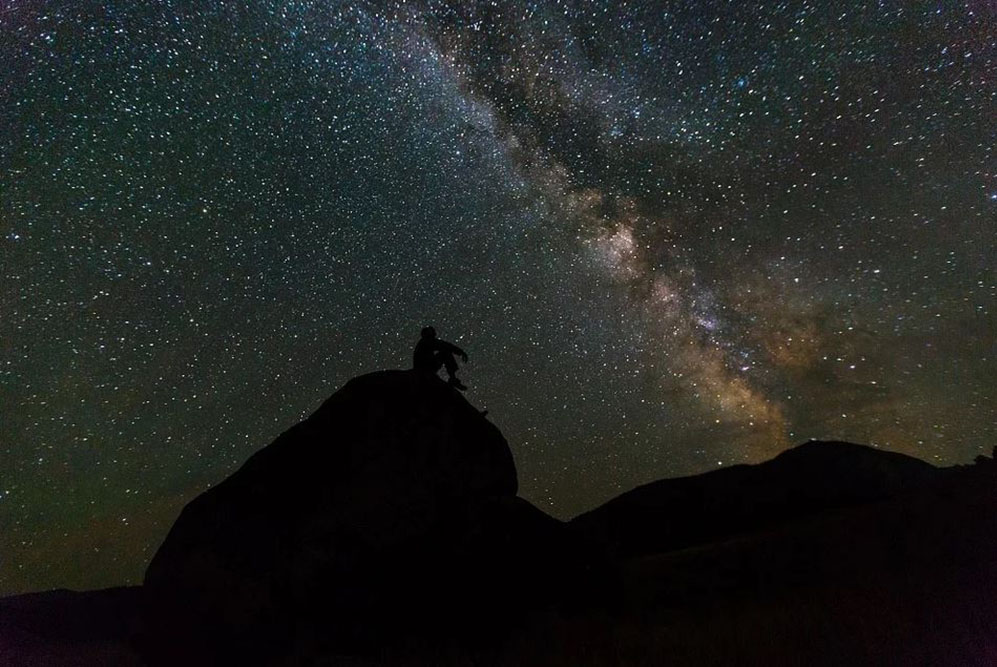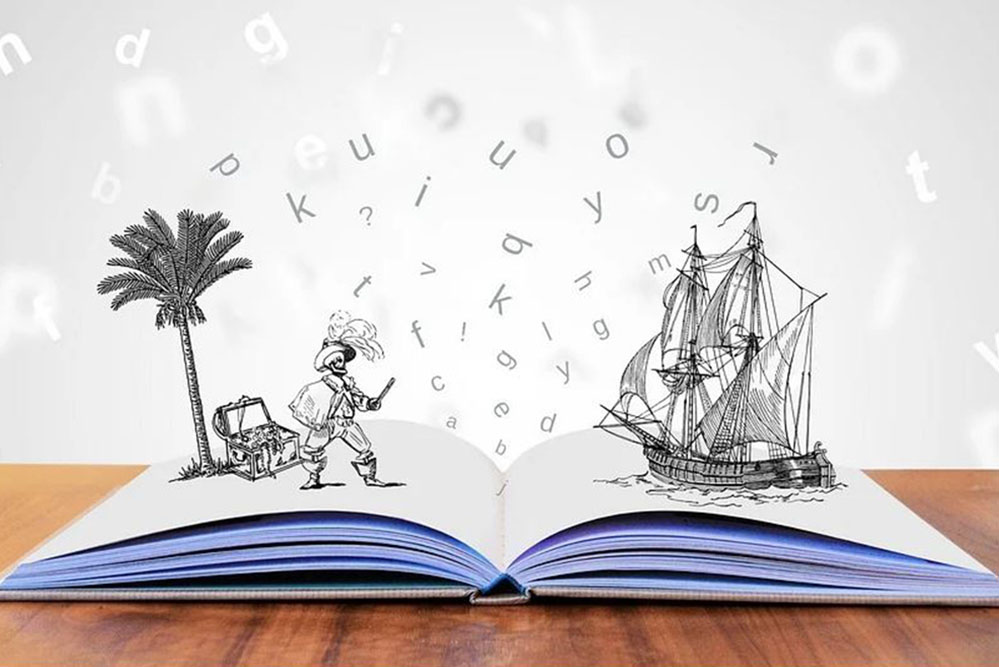(Image from "Big" 1988) Story is an argument. The theme (or dramatic question) is the thesis statement, and the story is the argument played out. Any argument requires opposing forces. These forces …
What Does it Mean?
Everyone has a story. It takes courage to tell it, be it memoir or fiction, because there comes a point where we must separate the facts from the truth. The challenge for the storyteller lies in …
Exploring Your Protagonist’s Dilemma
(Image from The Hunger Games, 2012) “The moment we want to believe something, we suddenly see all the arguments for it, and become blind to the arguments against it." – George Bernard Shaw Every …
Plot versus Theme
Any writer can experience that moment where you suddenly realize that your “idea” of the story isn’t going to get you to the end. Maybe you had a plan, but now the characters have changed in one way …
The Nature of the “Want”
"To every action there is always opposed an equal reaction." - Isaac Newton While exploring the nature of the "want" in your story, it’s important to understand that you are an artist and you …
How Do You Identify the Dilemma in Your Story?
At the heart of every story lies a dilemma from which all tensions and conflicts arise. How do you identify the dilemma in your story? There are two ingredients: A powerful desire A false …
The End of the Story Informs the Beginning
In Steven Covey’s book, The 7 Habits of Highly Effective People, he states: “Begin with the end in mind.” For first-time writers, this is helpful advice. But let’s clarify. When we talk about “the …
Writing Act Three: Our Hero Accepts the Reality of Their Situation
It can be frightening and exhilarating to realize that our story is bigger than we are, that in fact, it does not “belong” to us, that we are simply a channel. In Act Three of our story, our …
Writing Act Three: Our Hero Accepts the Reality of Their SituationRead More
Story Structure as an Experiential Model
There is a structure to the universe. From the smallest atom to the forces that move the planets, there is a universal law. We live in a state of surrendered acceptance to it (whether consciously or …
Story Structure
Story structure is often taught by story analysts as plot, but it is really the DNA of our protagonist’s internal journey to transformation. Without a sense of a beginning, middle and ending, …
Most popular posts
Story is an Argument
(Image from “Big” 1988) Story is an argument. The theme (or dramatic question) is the thesis statement, and the story is the argument played out. Any argument requires opposing forces. These forces manifest as our antagonists. Antagonists are any characters that stand in the way of your protagonist getting what they want. Antagonists are not …
Read MoreHow Do You Identify the Dilemma in Your Story?
At the heart of every story lies a dilemma from which all tensions and conflicts arise. How do you identify the dilemma in your story? There are two ingredients: A powerful desire A false belief Desire If we believe that love will make us complete, we might set out on a search for it. Then …
Read MoreTransformation
A fundamental understanding of transformation is crucial to having anything more than an intellectual relationship to structure. You’ve probably read books on three-act-structure. But it is important to recognize that no one has yet been able to isolate the transcendent beauty that draws us into a great story. It is one thing to analyze the …
Read MoreStory Day Workshop
This workshop is for novelists, screenwriters, show runners, memoirists, producers, directors, song writers, poets, editors, and anyone else with a desire to deepen their understanding of how to build a story.
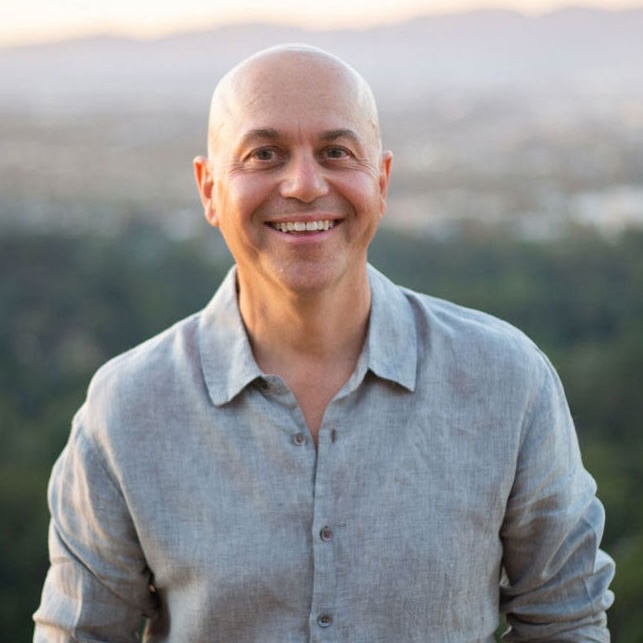
Recent Posts
Theme | Definition, Examples & Your Story Weapon
Theme is a way of making a series of events which are personal to the protagonist universally relatable to a wide audience. In other words, one doesn’t have to live in a cupboard and be descended from wizards to relate to Harry Potter’s struggle to believe that love conquers all. In this article I will …
Read MoreRising Action | Definitions, Examples & Your Secret Weapon
Rising action refers to the series of events that lead from the story’s inciting incident to the climax. In this article I will explore how to create a compelling ‘rising action’ that leads to a satisfying conclusion. And finally, I will offer you a powerful story tool to help you write a dynamic rising action …
Read MoreInciting Incident | Definition, Examples & Your Secret Weapon
When it comes to storytelling, if a reader isn’t engaged within the first 20 or 30 pages, you run the risk of losing their attention and having them move on to something else. So, what happens in the opening pages of your novel or memoir that captures your reader’s attention? You may have heard it …
Read MoreFalling Action | Definition, Examples & Your Secret Weapon
What happens after a story’s climactic moment – after the protagonist wins the girl, or confronts the bully, or triumphs over evil? The best stories keep your readers (or audience) guessing until the very end. The screen doesn’t cut to black when Frodo throws the ring into the fire. Sauron may have been defeated but …
Read MoreClimax in Literature | Definitions, Examples & Your Secret Weapon
The climax. This is the moment your reader has been waiting for. They’ve spent hours immersed in your story, falling in love with your characters and becoming increasingly invested in your plot. Tension has been building as they anticipate that something big, something life-changing is about to happen for your protagonist, and your reader will …
Read MoreStory: A Journey of Self-Discovery
Story is always a journey of self-discovery “The unexamined life is not worth living.” – Socrates Embarking on a creative endeavor, especially memoir writing, often brings forth a whirlwind of fears. Among these, the fear of exposure can loom large. When recounting personal experiences, the instinct to withhold information or downplay the drama — either …
Read MoreExploring the Dilemma
At the heart of every story lies a dilemma. It is not a question of whether or not your protagonist has a dilemma, but rather, how effectively you’ve explored it. By exploring your protagonist’s dilemma, you are led to the most dynamic version of your story. Your protagonist’s dilemma is the source of your story, …
Read MoreTransformation
A fundamental understanding of transformation is crucial to having anything more than an intellectual relationship to structure. You’ve probably read books on three-act-structure. But it is important to recognize that no one has yet been able to isolate the transcendent beauty that draws us into a great story. It is one thing to analyze the …
Read MoreThe Imperative for Dramatic Conflict
A director told me once that if you put two actors together in a scene without directing them or staging the scene, the conflict would begin to diminish. If the actors were on opposite sides of the stage, they would gradually drift toward each other. Their voices would begin to match each other in tone …
Read MoreFinding Home
“Home is where one starts from.” – T. S. Eliot There’s nothing more primal than our quest for home. The dilemma is that our childhood homes may have been confusing, chaotic, or even violent. Whatever your experience, in our adult lives we often unconsciously attempt to recreate it in order to resolve it. In her …
Read More
